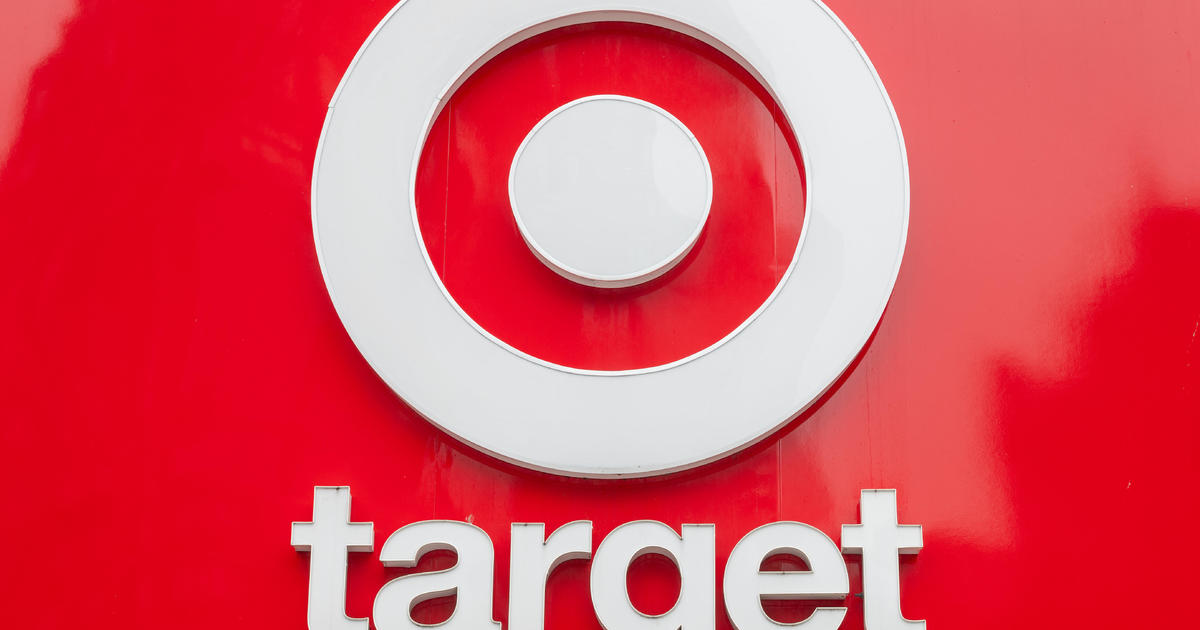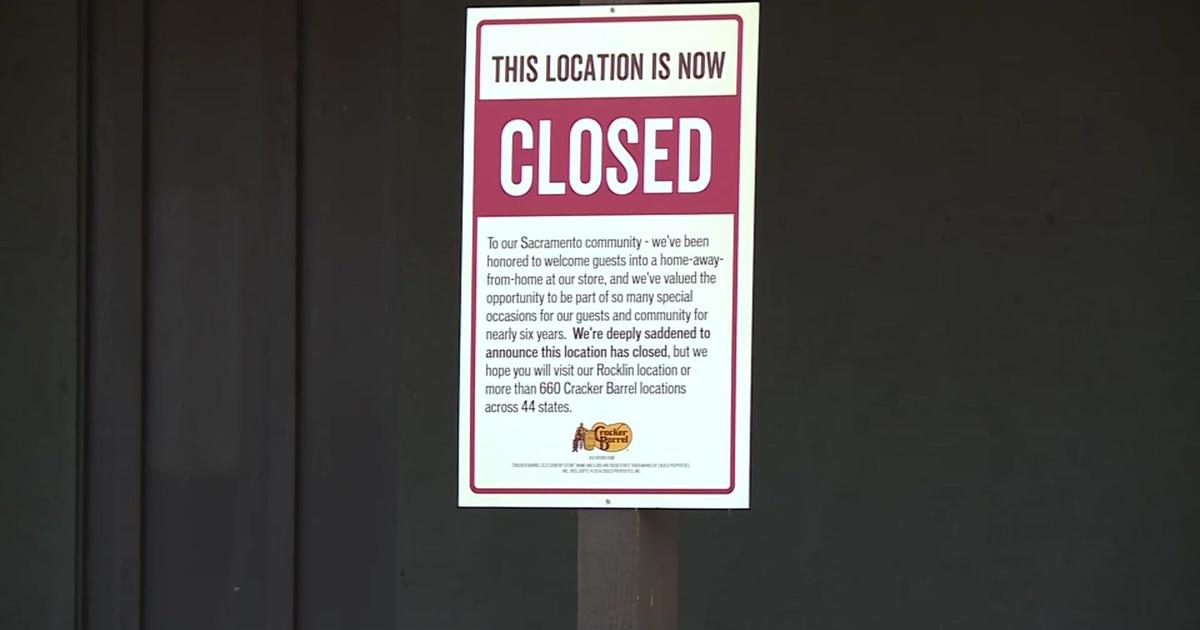Rehab Program Boasts Nearly 70 Percent Cut In Prisoner Recidivism Rates
SACRAMENTO (CBS13) — A new program is boasting a nearly 70 percent cut in the number of former convicts who end up behind bars.
Taxpayers already pay at least $60,000 a year for each criminal who is locked up. When those convicts are released in California, more than six out of 10 end up behind bars.
But a first of its kind rehab class for criminals at the Hillsdale Career Center is teaching a new holistic way of thinking, behaving and living. Under that program, only 2 in 10 ex-convicts go back behind bars.
The convicted felons and repeat offenders are all learning important skills to turn their lives of crime around.
"When I relapsed, I ended up going full force," said Robert Twofeathers. "I went back to the streets where I knew everything and could survive.
He says he's been in federal prison and in and out of jail since he was 13 years old. But since enrolling in the Ascend Program in Sacramento, his goals have changed. Now he's turning a life on the streets for street smarts.
"I'm in the process of getting my hand tattoos and my throat tattoos removed, and I'm going to school starting in summer for my EMT certificate and then the fire academy in the fall to become a fireman," he said.
The program was developed by two criminal justice professors at Sacramento State, along with two criminal defense attorneys who teach the classes twice a week.
"They trust us, because we advocate for them, and we are able to teach them the law and how to navigate around it," said program co-creator Christine Morse.
She says out of 100 criminals who have been through the program, 80 have not reoffended. That is a dramatic drop from the state average of 66 percent of criminals who find themselves back behind bars.
"We take them to the store, show them about tricky labeling, how they can get organic food that they can afford," Morse said. "We take them rock climbing to show them a pro-social activity that's inexpensive where they won't meet other drug users, where they are actually going to be really positive."
That positive training leads to positive results.
"Being a criminal, never thought I would get that chance and I'm actually pushing for it now," Twofeathers said. "I've got good goals set and I'm not going to let anything get in the way of those goals. I plan on dying a fireman and paramedic, and raising my little girl."
Those results, creators say, mean taxpayers get the most bang for their buck.
"They are not going to learn being locked in a jail cell," said Morse said. "They are just going to spend taxpayers' money or eat taxpayers' food that they provide, and maybe meet someone and learn how to be a better criminal."
The creators hope to implement the program not only in prisons and jails, but also in the community where offenders can access them even after they are released.



